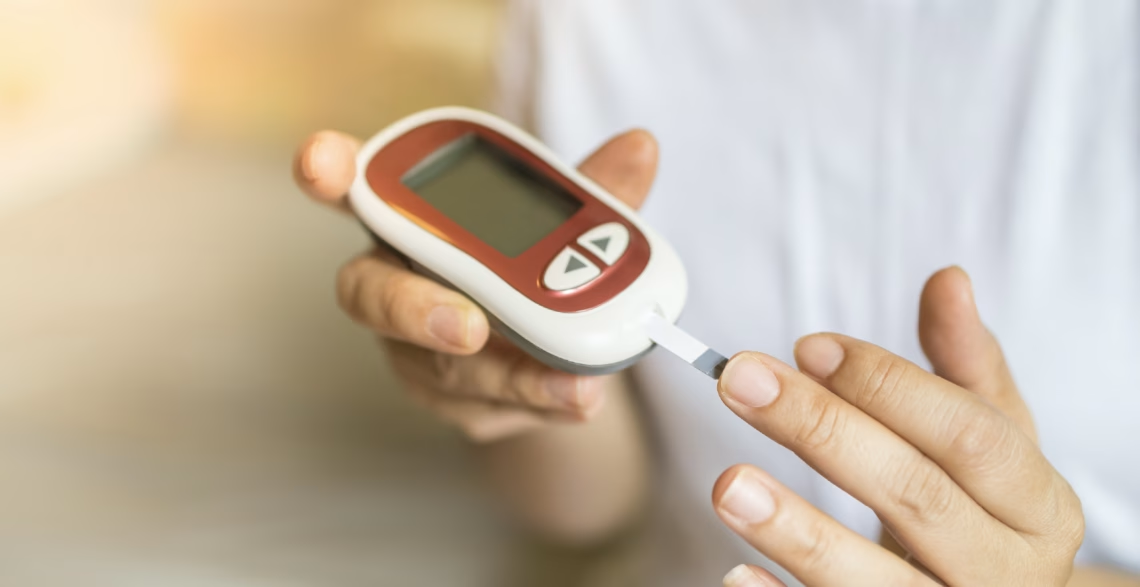Introduction Living with diabetes is a daily challenge that demands careful management of blood sugar levels, medication, diet, and physical activity. However, an often-overlooked factor that can significantly impact diabetes control is stress. Whether it’s due to work, relationships, finances, or the burden of managing a chronic condition, stress can cause serious disruptions in both emotional well-being and physical health—especially for people with diabetes. Stress doesn’t just affect your mood; it has physiological consequences that can spike blood glucose levels and make diabetes management more complicated. Understanding how stress influences blood sugar and learning effective coping strategies is essential for…
-
-
Introduction Hypoglycemia, or low blood sugar, occurs when your blood glucose drops below 70 mg/dL. It’s a common but potentially serious issue, especially for people with diabetes who use insulin or other glucose-lowering medications. If untreated, it can lead to confusion, unconsciousness, seizures, or even death. This guide explains what hypoglycemia is, why it happens, how to spot it early, and how to treat it safely and effectively. What Is Hypoglycemia? Hypoglycemia happens when the level of glucose (sugar) in your blood drops too low to fuel your body’s activities—especially the brain, which depends heavily on glucose. Blood Sugar Levels…
-
Introduction For individuals living with diabetes or at risk, blood sugar monitoring is one of the most important tools in managing their condition. Whether you’re using a traditional glucose meter or a continuous glucose monitor (CGM), tracking your glucose levels helps prevent complications and guides daily decisions on diet, activity, and medication. Understanding the available monitoring tools and knowing your target ranges is essential for effective diabetes management. 1. Why Monitor Blood Sugar? Regular monitoring helps: Monitoring is recommended for: 2. Blood Glucose Monitoring Methods Traditional Blood Glucose Meters (BGM) How it works: Pros: Cons: Continuous Glucose Monitors (CGMs) How…



